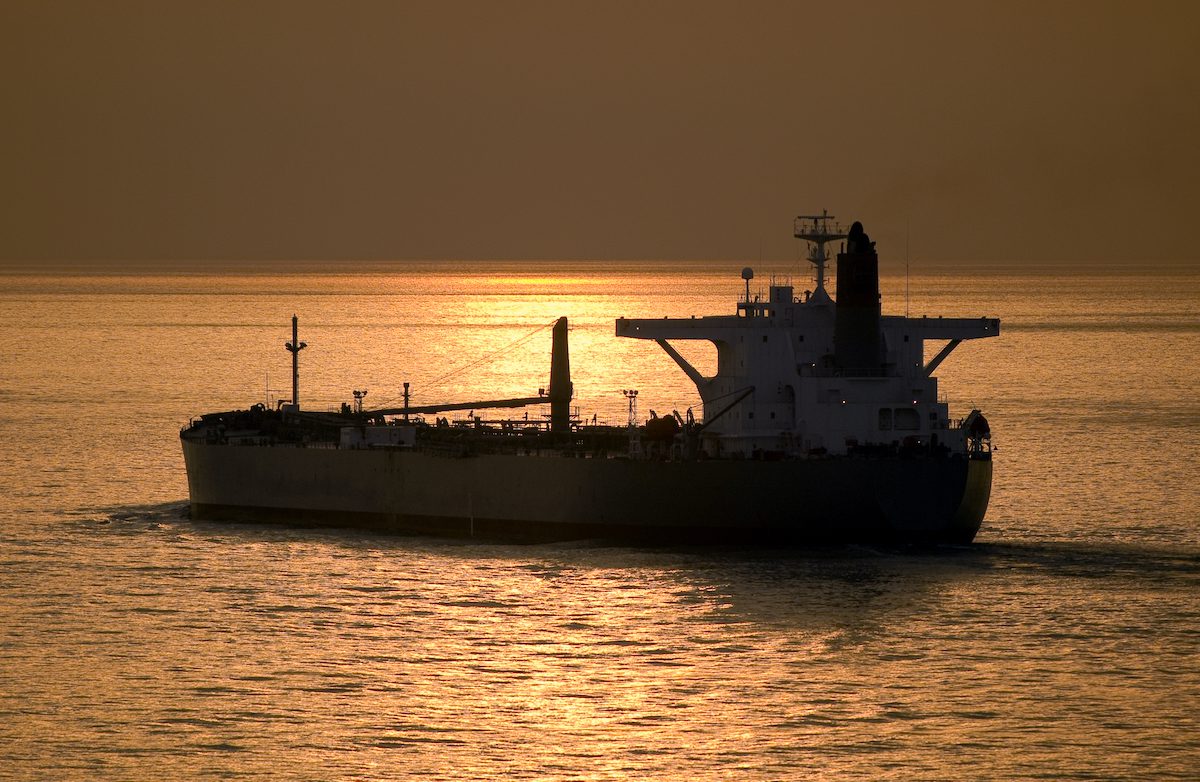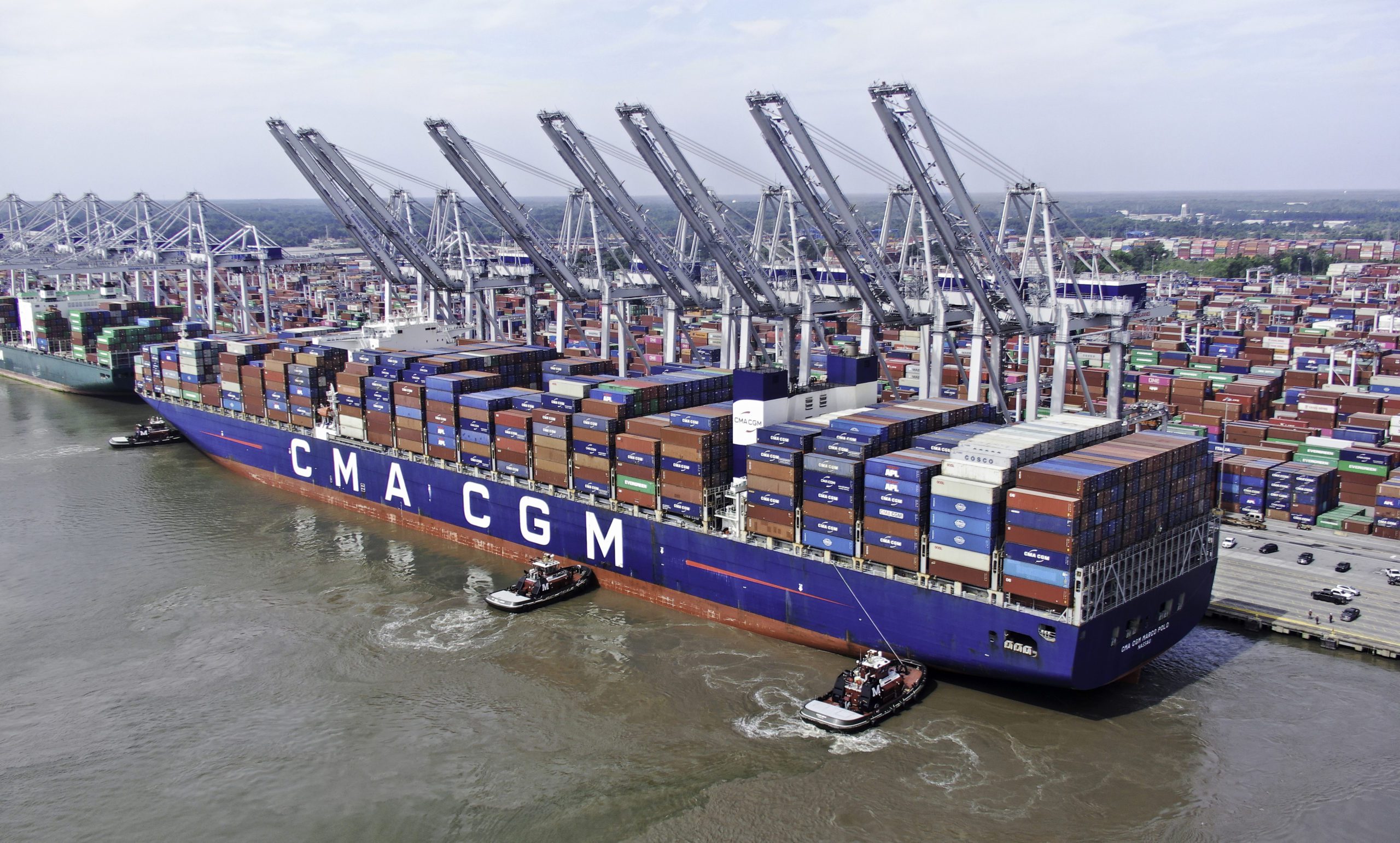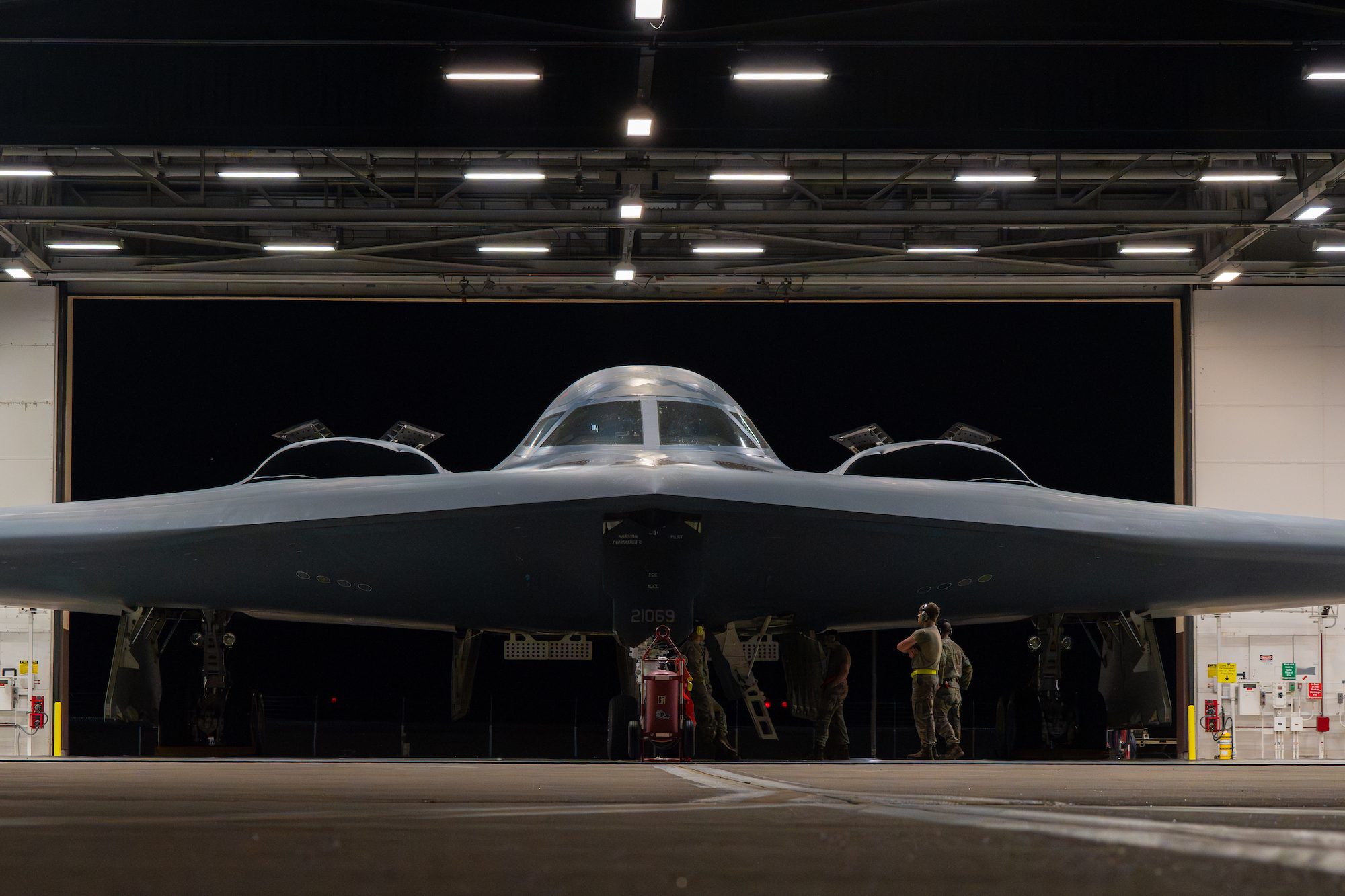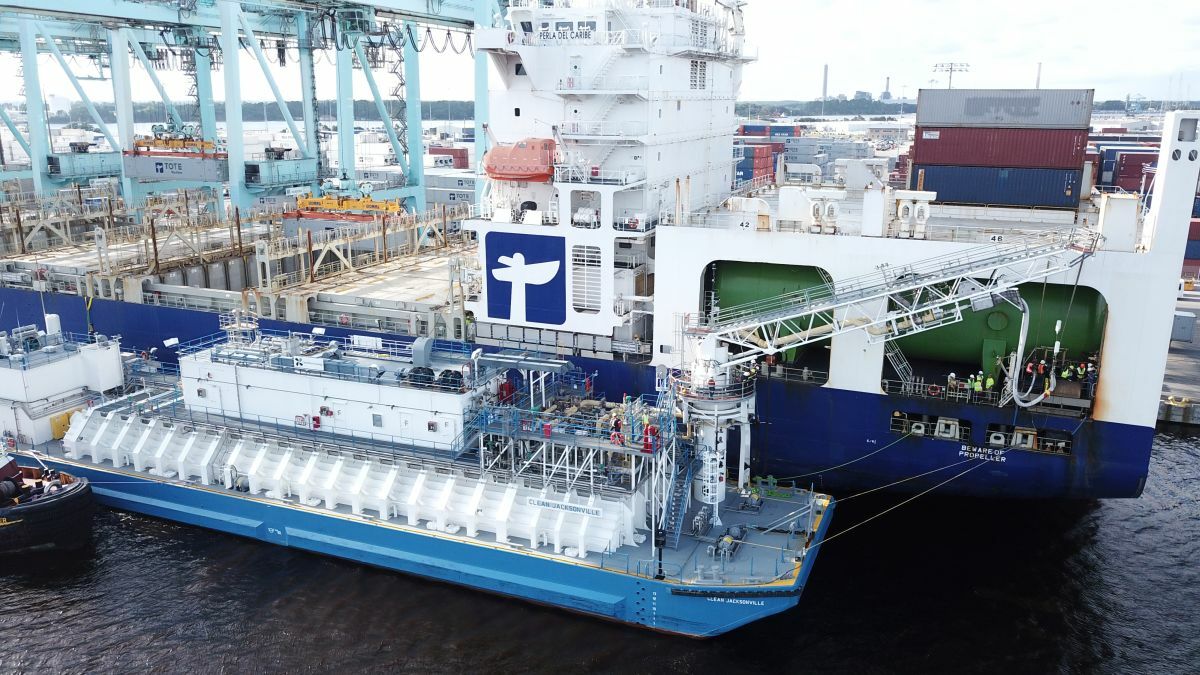The U.S. Department of Transportation’s Maritime Administration (MARAD) has announced its Maritime Security Program (MSP) and Tanker Security Program (TSP) have reached full enrollment with the addition of three new ships. The programs provide the Department of Defense (DOD) with access to a fleet of U.S.-flagged sustainment sealift vessels and product tankers during times of armed conflict or national emergency.
U.S. Transportation Secretary Pete Buttigieg highlighted the importance of the U.S.-flagged commercial fleet, which serves as a critical link in the supply chain during peacetime and supports military missions globally in times of war and crisis. “In the years ahead, these vessels will deliver vital goods, strengthen both our economy and our national security, and create good jobs for American mariners,” said Buttigieg.
Under the MSP, two newly selected vessels, Liberty Power and Tulane, operated by Liberty Global Logistics and Fidelio Limited Partnership, respectively, have been enrolled. Liberty Power is a 12-year-old roll-on roll-off vessel (RO-RO) with cargo capacity of 220,586 square feet, while Tulane is an 11-year-old RO-RO vessel with 194,665 square feet of cargo capacity. Tulane is scheduled to reflag under U.S. registry by the end of the year and will be renamed the Arc Honor.
In addition, the Pypxis Epsilon, an 8-year-old, 325,000-barrel tanker operated by U.S. Marine Management, has been selected for the newly established Tanker Security Program. The tanker is expected to reflag under U.S. registry by the end of the year and will be renamed the Shenandoah Trader.
The Tanker Security Program consists of 10 active, commercially viable, privately-owned U.S.-flag product tankers that are available to meet national defense and other Department of Defense requirements. The enrollment of the first nine tankers in the TSP was announced by MARAD in July. The nine tankers consist of three vessels each from Overseas Shipholding Group (OSG), Crowley-Stena Marine Solutions, and Seabulk Tankers.
The Tanker Security Program (TSP) strengthens national security by supporting American-owned, American-flagged, and American-crewed commercial product tankers engaged in international shipping. Unlike the Jones Act, the TSP does not mandate that these vessels be built in U.S. shipyards. With only approximately 80 US flagged ships operating overseas this program is crucial for maintaining a reliable U.S. maritime presence in global trade while enhancing emergency preparedness and reducing reliance on foreign-flagged tankers. It also provides backup capacity in the event a US Navy Military Sealift Command oiler is damaged. By ensuring the participation of U.S.-crewed and U.S.-owned vessels, the TSP helps safegaurd America’s shipping infrastructure and providing critical oil and enegery distribution capabilities to the US Secretary of Defense.
Maritime Administrator Ann Phillips emphasized that both the MSP and TSP programs achieve two essential maritime sealift objectives: growing the U.S.-flagged commercial fleet to benefit the economy and ensuring the delivery of vital supplies to support military missions worldwide.
They also provide US Merchant Mariner jobs helping and help solve the merchant mariner shortage.
The MSP, established in 1996, aims to strengthen the U.S. supply chain by maintaining a viable presence for the U.S.-flag Merchant Marine in international trade while creating job opportunities. The program currently supports a fleet of 60 commercial ships operating internationally.
“MSP has been a success story for the U.S. maritime industry for over 27 years,” said Phillips. “MSP, together with its sister program TSP, will support U.S. economic competitiveness globally, and ensure U.S. armed forces have unquestioned logistics access anywhere in the world. The award of these three final Operating Agreements will ensure both the programs’ continued success and value to the United States.”
The Tanker Security Program (TSP) is authorized to support up to 10 tankers, and the Maritime Administration (MARAD) is currently seeking to fill the remaining spot with a qualified vessel. To encourage applications, MARAD has published notices in the Federal Register, inviting eligible vessel operators to apply.
Eligibility Requirements for the Tanker Security Program
To qualify for the TSP, vessels must meet specific criteria:
- Type and Size: The vessel must be a Medium Range product tanker with a deadweight tonnage (DWT) between 30,000 and 60,000 tons.
- Fuel Capacity: The tanker must have a fuel-carrying capacity of at least 230,000 barrels.
- Age Requirement: The vessel must be less than 10 years old.
- Commitment: Vessel operators must commit to an emergency preparedness agreement for the duration of the program’s authorization.
Additional Program Requirements
All operators selected for the Tanker Security Program are also required to participate in MARAD’s Every Mariner Builds A Respectful Culture (EMBARC) program, which focuses on preventing sexual assault and harassment in the maritime industry.
General Jacqueline Van Ovost USAF, Commander of U.S. Transportation Command, said these vessels play a crucial role in improving global readiness and protecting the nation’s supply chains.
“Both MSP and TSP underscore our steadfast commitment to national security and economic stability and exemplifies the indispensable partnership between MARAD and USTRANSCOM… Both programs help address the shortage of both U.S.-flag ships and U.S. Coast Guard-credentialed Mariners with unlimited licenses,” said Van Ovost.
The full enrollment of the TSP comes as the Department of Defense has started to defuel its largest bulk storage facility, the Red Hill Bulk Fuel Storage Facility (RHBFSF), located at Joint Base Pearl Harbor-Hickam in Honolulu, Hawaii. The defueling and eventual closure of the WWII-era facility comes after a 2021 leak contaminated drinking water.

 Join The Club
Join The Club











